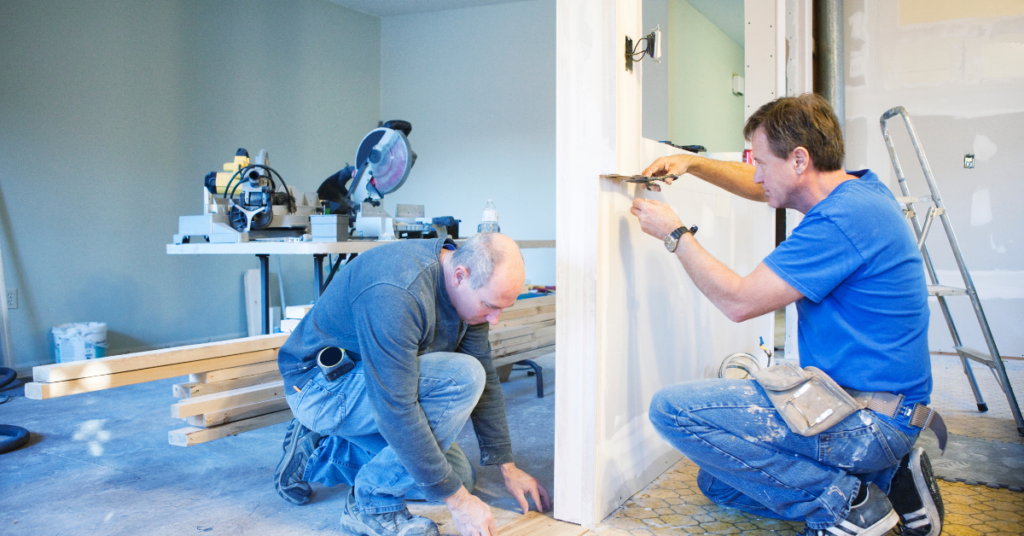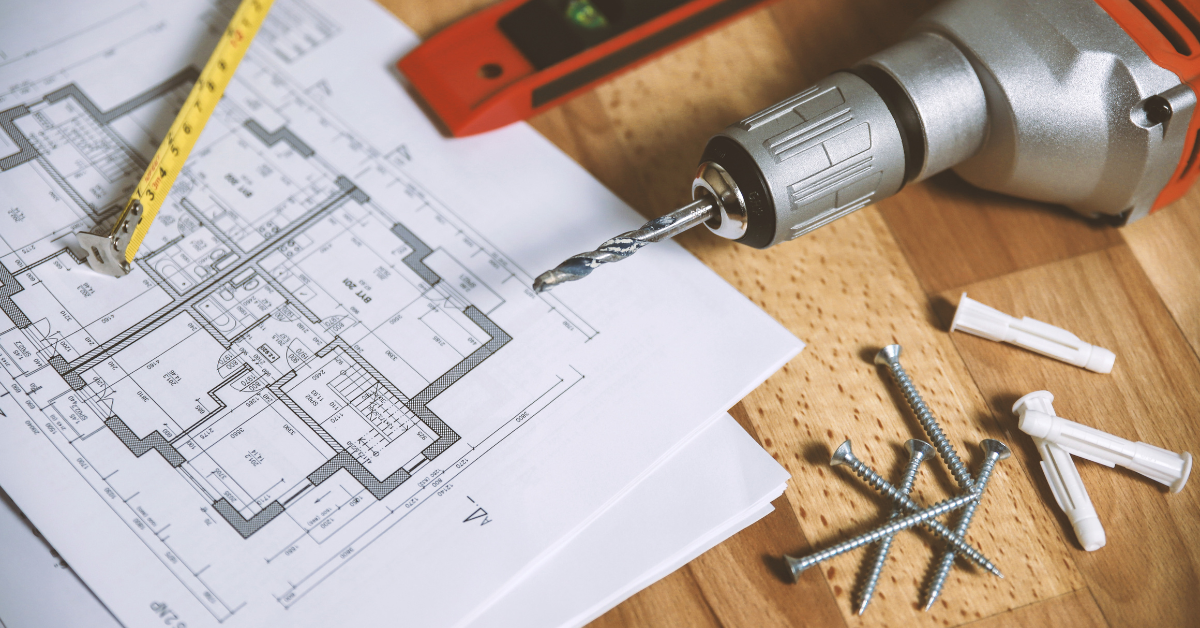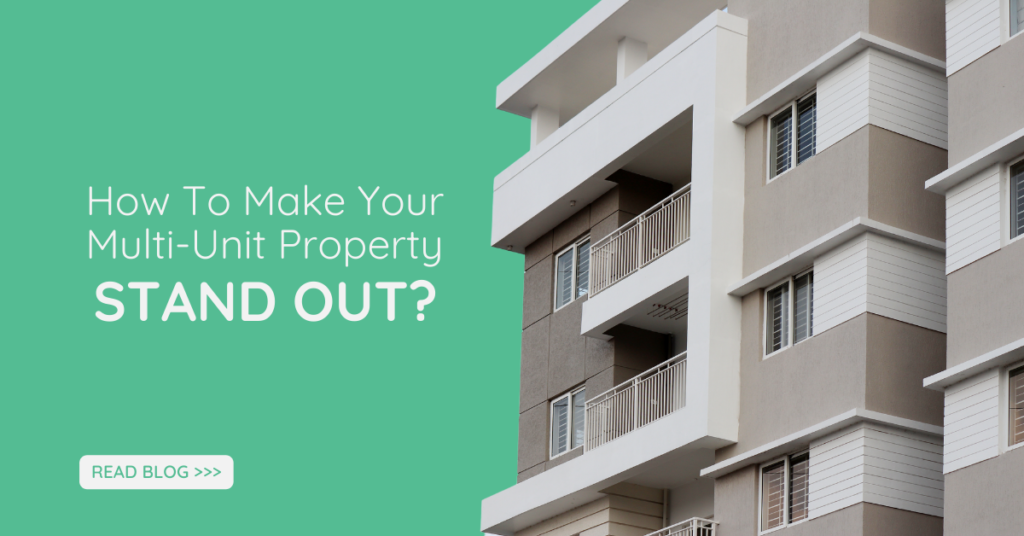Renovation ROI: Smart Investments for Boston Real Estate Owners
Reading Time: 6 minutesBoston’s real estate market continues to stand out as one of the most robust and resilient in the United States. In this historic city, property values not only remain strong but often experience significant appreciation. For property owners and investors, this presents a unique opportunity to maximize returns through strategic renovations. However, the challenge lies…

Boston’s real estate market continues to stand out as one of the most robust and resilient in the United States. In this historic city, property values not only remain strong but often experience significant appreciation. For property owners and investors, this presents a unique opportunity to maximize returns through strategic renovations. However, the challenge lies in navigating the market wisely, where each decision can significantly impact the potential return on investment (ROI).
Boston has a rich history and architectural diversity, where each neighborhood—from the cobblestoned streets of Beacon Hill to the vibrant communities of the South End—boasts its own unique character. Renovations in such a market require a careful blend of modernization while preserving the historic charm that defines Boston’s aesthetic. Understanding how to approach renovations with an eye for both utility and style can vastly improve a property’s marketability and value.
Table of Contents
Understanding ROI in Renovations

Return on Investment (ROI) in the context of real estate renovations refers to the ratio between the net profit of the renovation and its cost. Essentially, it measures how effectively the investment into remodeling or upgrades increases the property’s value or income potential. A high ROI means that the renovation has added significant value to the property compared to the cost incurred.
In Boston, determining the ROI of renovation projects involves several key factors. The first is the initial cost of the project, which includes materials, labor, and any permits or fees necessary for completion.
Secondly, the increase in property value must be considered. In many Boston neighborhoods, buyers and renters place a premium on updated features and preserved historic details, which can significantly raise a property’s worth or appeal in the market.
Lastly, potential increases in rental income should be evaluated, especially for investors focusing on the city’s competitive rental market. Upgrades that improve the functionality and aesthetic appeal of a property, such as kitchen remodels or added amenities, often lead to higher rents and lower vacancy rates.
For Boston real estate owners, maximizing ROI requires a strategic approach that balances cost, impact, and market trends. Understanding these dynamics is crucial for making informed decisions that align with both financial goals and the character of the local area.
Top Renovations with High ROI in Boston

When considering renovations, Boston real estate owners should prioritize projects that not only enhance the appeal and functionality of their properties but also promise substantial returns on investment. Here’s a closer look at some of the most effective renovations:
Kitchen Upgrades
In today’s real estate market, the kitchen has become the heart of the home, often serving as a focal point for gatherings and entertaining. In Boston, where historic charm meets modern living, updating kitchens can yield a substantial return on investment. By modernizing this space while respecting the historical context, property owners can strike the perfect balance between functionality and aesthetic appeal.
High-impact upgrades such as installing new appliances, countertops, and cabinetry can breathe new life into a kitchen. Stainless steel appliances and granite or quartz countertops are popular choices that offer both durability and timeless elegance. For properties with historical significance, custom cabinetry crafted to mimic period styles can seamlessly integrate modern amenities while preserving the home’s character.
Bathroom Revamps
Updated bathrooms are a key selling point for both renters and buyers in the Boston real estate market. Even minor renovations can significantly enhance a property’s appeal and value. Cost-effective upgrades like replacing fixtures, updating vanities, reglazing, and refreshing flooring can transform a dated bathroom into a luxurious retreat.
In Boston’s older homes, preserving historical elements like clawfoot tubs or vintage tile can add to the charm while still providing modern functionality. By focusing on improving both aesthetics and functionality, property owners can attract discerning renters and buyers seeking the perfect blend of old-world charm and contemporary convenience.
Curb Appeal Enhancements
First impressions matter, especially in a competitive real estate market like Boston. Enhancing curb appeal not only increases a property’s value but also draws in potential buyers or renters from the moment they arrive. Simple improvements such as a fresh coat of paint, landscaping updates, and an inviting entryway can make a significant difference in how a property is perceived.
For Boston properties, it’s essential to consider the historical context when making curb appeal enhancements. Choosing exterior colors and landscaping designs that complement the architectural style of the home can enhance its overall charm and appeal.
Smart Home Technology Integration
With the rise of technology, smart home features have become increasingly desirable among renters and buyers. Integrating these features into a property not only increases its marketability but also its rental income potential and overall value. Examples of smart home technology include programmable thermostats, lighting systems, and security features.
In Boston, where convenience and efficiency are valued, incorporating smart home technology can set a property apart from the competition. Whether it’s controlling the thermostat remotely or enhancing security with smart locks and cameras, these features appeal to modern tenants and homeowners alike, making them a wise investment for maximizing ROI.
Additional ROI Considerations

When considering renovations to enhance the value of real estate in Boston, it’s crucial to delve beyond the immediate aesthetic and functional enhancements. Property owners must also take into account broader factors that significantly influence the success and return on investment of their projects.
Targeting the Right Audience
Tailoring renovations to the preferences and needs of the target market is essential for maximizing ROI in Boston’s diverse real estate landscape. Whether catering to families, young professionals, or empty nesters, understanding the demographics and lifestyle preferences of potential renters or buyers is crucial. This involves researching neighborhood trends and amenities that appeal to the target audience, such as proximity to schools, parks, or public transportation.
In Boston’s varied neighborhoods, each with its own unique charm and amenities, aligning renovations with local preferences can significantly enhance a property’s appeal and marketability.
Permitting and Regulations
Navigating the permitting process and adhering to local regulations is paramount when undertaking renovation projects in Boston. Failure to obtain the necessary permits or comply with regulations can result in costly delays, fines, or even legal issues. Property owners must ensure that all renovations are conducted according to building codes and historic preservation guidelines, particularly in neighborhoods with protected historic districts.
Maximizing ROI Through Planning and Execution

Maximizing ROI from real estate renovations requires meticulous planning and precise execution. This section outlines essential strategies for Boston property owners to enhance their returns effectively.
Hire Reputable Contractors
The success of renovation projects often hinges on the expertise and craftsmanship of the contractors involved. Hiring reputable professionals with a proven track record is essential for ensuring quality workmanship and avoiding costly mistakes. In Boston’s competitive real estate market, where attention to detail and historical preservation are paramount, skilled contractors play a crucial role in maximizing ROI.
Property owners should thoroughly vet potential contractors, checking references, credentials, and past project portfolios to ensure they are well-suited for the job.
Create a Budget and Stick to It
Effective budgeting is key to achieving optimal ROI in renovation projects. Property owners should carefully plan and allocate funds for each aspect of the renovation, taking into account material costs, labor expenses, permits, and unexpected contingencies. Establishing a realistic budget and adhering to it throughout the renovation process is essential for managing costs and avoiding overspending.
By carefully managing expenses and prioritizing investments that offer the highest return, property owners can maximize ROI and enhance the long-term value of their Boston real estate assets.
Conclusion
Strategic renovations offer Boston real estate owners a powerful opportunity to maximize ROI in a thriving market characterized by historic charm and diverse neighborhoods.
Before renovating, property owners must conduct thorough research and consider consulting with professionals who understand the nuances of the Boston real estate market. With careful planning and execution, renovations can not only enhance the aesthetic appeal and functionality of a property but also generate substantial returns for years to come.
Are you ready to unlock the full potential of your Boston real estate investment? At Green Ocean Property Management, we specialize in maximizing ROI through strategic renovations and proactive property management.
Contact us today to learn how we can help you achieve your financial goals and elevate the value of your investment portfolio.
How to Make Your Multi-Unit Property Stand Out
Reading Time: 4 minutesIn the competitive rental market, property managers must go beyond the basics of providing a roof over residents’ heads. Amenities play a crucial role in differentiating multi-unit properties, enhancing both resident experience and property value. As more individuals seek a place that offers comfort, convenience, and community, the right amenities can make a property significantly…
Moving a Fridge Through a Window with Creative Solutions
Reading Time: 2 minutesWhen it comes to property management problems, creativity, and a can-do attitude make all the difference. At Green Ocean Property Management, we take pride in going above and beyond to solve unique challenges our clients encounter. In this blog post, we’re excited to share a recent experience moving a fridge through a window. It showcases…
How to Make Money on Investment Property through Long-Term Appreciation
Reading Time: 4 minutesInvestment properties offer an appealing avenue for building wealth. By purchasing real estate to earn a return on the investment, either through the future resale of the property, rental income, or both, individuals can secure a steady flow of passive income and enjoy excellent returns over time. However, the potential for financial gain extends beyond…








